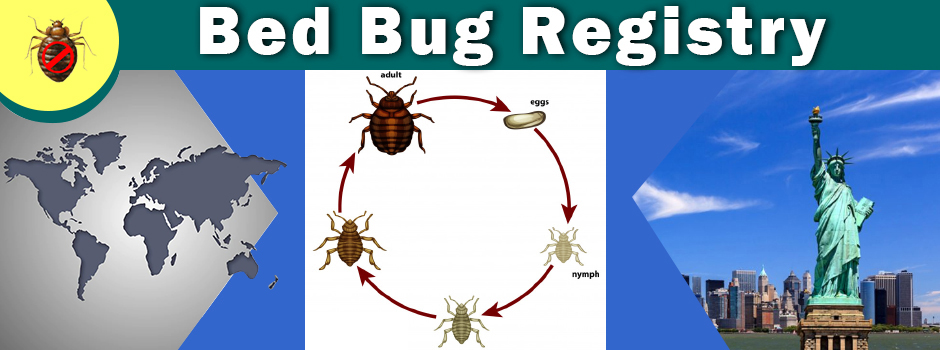CLEVELAND, Ohio -- Bedbugs have become so prevalent in Cleveland that the city now keeps two ambulances in reserve just to replace others as they become infested with the blood-sucking insects.
The city's Emergency Medical Service also has started issuing protective gowns, booties and hair nets to ambulance crews entering bedbug hotspots tracked by dispatchers on a computer database. The list, which changes with the bug population, stood at 52 addresses Friday.
"We've taken a very aggressive approach," said Nicole Carlton, acting EMS commissioner. "We always tell our people to be very vigilant."
Bedbugs have made a nationwide resurgence, reaching Cincinnati several years ago and then migrating up Interstate 71. Fire stations in Cincinnati and Columbus have battled infestations.
The Cleveland Department of Public Health recorded 497 bedbug complaints last year, up from 296 the year before. The Cuyahoga County Board of Health, which covers areas other than Cleveland and Shaker Heights, handled 161 cases in 2011, more than four times the volume two years earlier.
The speck-size, burrowing insects pose no serious health threats, but their bites are painful. Infestations also are difficult to find and eradicate.
In November, Cleveland officials brought a bedbug-sniffing Jack Russell terrier into an ambulance base. The dog, trained to detect the scent of human blood, found bedbugs in a chair. The same day, the terrier checked out ambulance service headquarters -- often used for community CPR and first-aid training -- but turned up nothing.
Police Chief Michael McGrath issueda memolast month advising officers to be on the lookout for bedbugs. He made recommendations for avoiding contact -- for example, don't sit in homes visited on the job -- and said uniforms thought to be infested should be sealed in plastic until washed and dried at high, bedbug-killing temperatures.
Jeff Follmer, president of the Cleveland Police Patrolmen's Association, went one step farther this week after fielding complaints from union members.
Follmer bought two cases of a spray -- 24 bottles at $15 each -- that kills the bugs by means of dehydration. He then delivered the spray, an all-natural blend not subject to federal environment regulations, to stations.
More here:
Cleveland safety forces battling bedbugs

 Residence
Residence  Location
Location 
